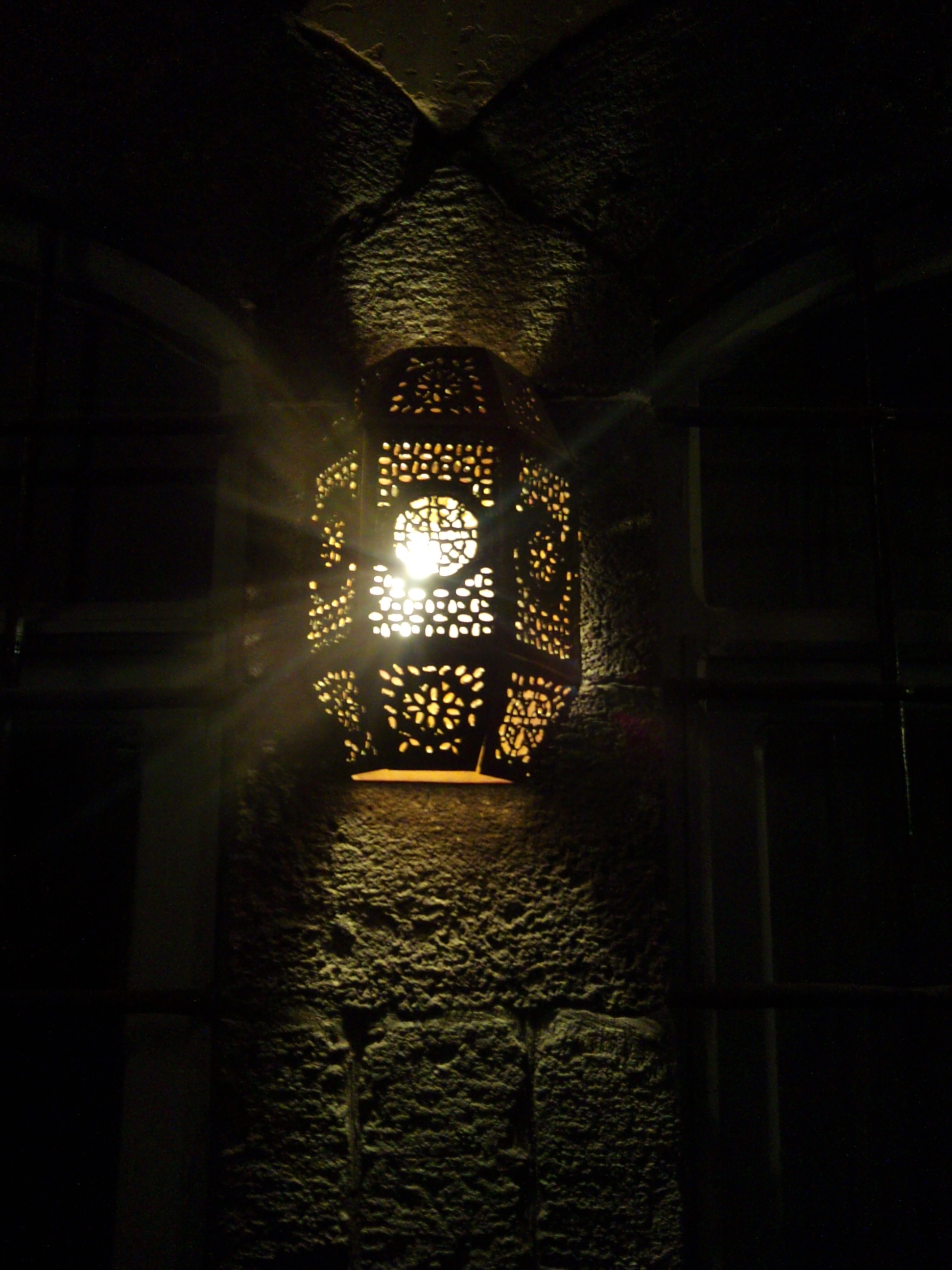 In Arabic, qiyam means prayer at night; usually it refers to the prayer one does at night before one sleeps. Whereas, tahajud refers to prayer one does in the night after sleeping for a period of time. The Prophet, peace and blessing be upon, him would pray both.
In Arabic, qiyam means prayer at night; usually it refers to the prayer one does at night before one sleeps. Whereas, tahajud refers to prayer one does in the night after sleeping for a period of time. The Prophet, peace and blessing be upon, him would pray both.
Allah SWT mentions both in the Quran:
In Surah al-Furqan, He speaks of those who spend the night in prostration and prayer. In Surah al-Sajdah, He describes the believers as those whose bodies shun their beds and they call out to their Lord in fear and hope. In Surah al-Zumar, Allah SWT says, “Is one who spends the night devoutly obedient, prostrating and standing [in prayer], fearing the Hereafter and hoping for the mercy of his Lord, [like one who does not]?” In Surah al-Dhariyat, He describes the righteous as sleeping little and asking for forgiveness in the time before dawn. Of course al-Muddathir and al-Muzzamil are the most known surahs requesting the Messenger, peace and blessing be upon, him to pray qiyam and tahajud.
So important is this prayer that the Prophet ,peace and blessing be upon him, said, “The best fasting after Ramadan is the month of Muharram and the best prayer after the fard is the night prayer.” And of Abdullah b. Umar he said, “What a good man is Abdullah if only he would pray at night.” The Prophet entices us with the mercy of Allah deserved by a man who woke at night to pray and woke his wife ,and when she refused he sprinkled water on her; and that same mercy deserved by a woman who woke to pray at night and woke her husband up, and when he refused she sprinkled water on him. He entices us with the answered prayers at an unknown hour of the night – each night.
Our beloved Prophet, sallalahu alayhi wa sallam, would pray before he slept, before fajr and sometimes all night. At one point he asks Aisha if she would grant him her night. “As much as I love your closeness, I love what pleases you more.” So he rose, made wudu and prayed. Al-Sayidah Aisha fell asleep and awoke to a sound like a boiling kettle – the Messenger’s chest heaving as he wept in prayer. When asked, “Hasn’t Allah forgiven you all your deeds?” He answered, “Should I not be a thankful servant?”
I often tell people this story when speaking of laylatul Qadr. One Ramadan my friend, my sister and I decided to spend the night in prayer. It was an odd night in the last third of Ramadan and after putting the babies and toddlers to sleep we began to pray. We prayed together and separately. We prayed in the yard, and the swaying trees and rippling grass seemed to pray with us. We experienced amazing feelings that could not be put to words. At one point I imagined the Prophet ,sallallahu alayhi wa sallam, was leading me in prayer. After a wonderfully fulfilling night we prayed fajr. The sun had risen when I lay down to sleep absolutely sure that this had been THE night. I had finally experienced laylatul Qadr. Just as I was drifting off to sleep, a disturbing thought jerked me awake. This was the only night I had put forth such energy in dua, Quran and prayer; what makes me think that this night was special? What night of equal effort on my part am I comparing it to? What if all the nights of Ramadan were like this? What if outside of Ramadan, any night spent in prayer were similar to this? I fell asleep disappointed and sure that it was not laylatul Qadr after all. It is unfortunate that we so seldom put forth such effort. It is sad that nightly prayer is not more a consistent part of each Muslim’s life.
There are times when we get so caught up in the details of some acts of worship that we forget who they are done for and that the object of what we do is gaining the pleasure of and closeness to our Lord. Our focus should be what the Messenger taught Aisha to say in Laylatul Qadr, ‘O Lord You are much forgiving and generous, forgive me’. Our focus should be, ‘Should I not be a grateful servant?’ Our focus should be on developing or regaining the clarity of our existence — that in this world there is nothing more important than pleasing one’s Lord and that everything else in our life pales in comparison. Nightly prayer helps develop this clarity and helps develop a closeness and attachment to Allah.
We were placed on this planet for a purpose: to worship Allah and to be His representatives in managing the planet and all on it. When worship and responsibility distract us from the true source of happiness, it is to our detriment and loss. Tahajud and qiyam allow us to stand before our Lord as we will during the throes of death, as we will in our grave, and as we will on the Day of Judgment. It allows for a recognition of our absolute need for our Creator, His infinite generosity and love for us. It allows for the cultivation of a dialogue between the Master and the servant, the Forgiver and the sinner, the Bountiful and the needy.
Tahajud and qiyam were an integral part of Prophet Muhammad’s character, peace and blessing be upon him, may Allah make them likewise a part of our life.

Leave a Reply to NourCancel reply